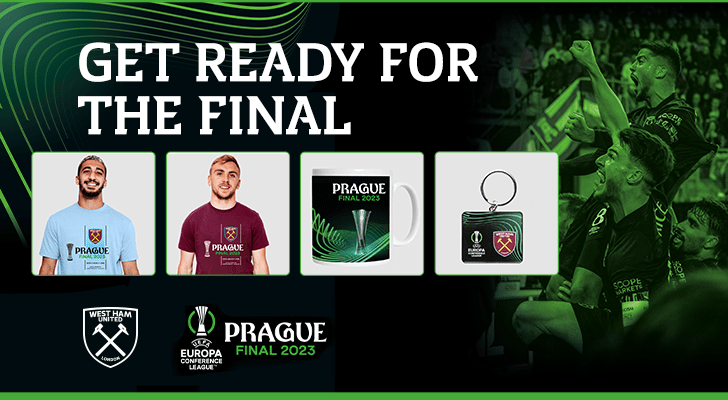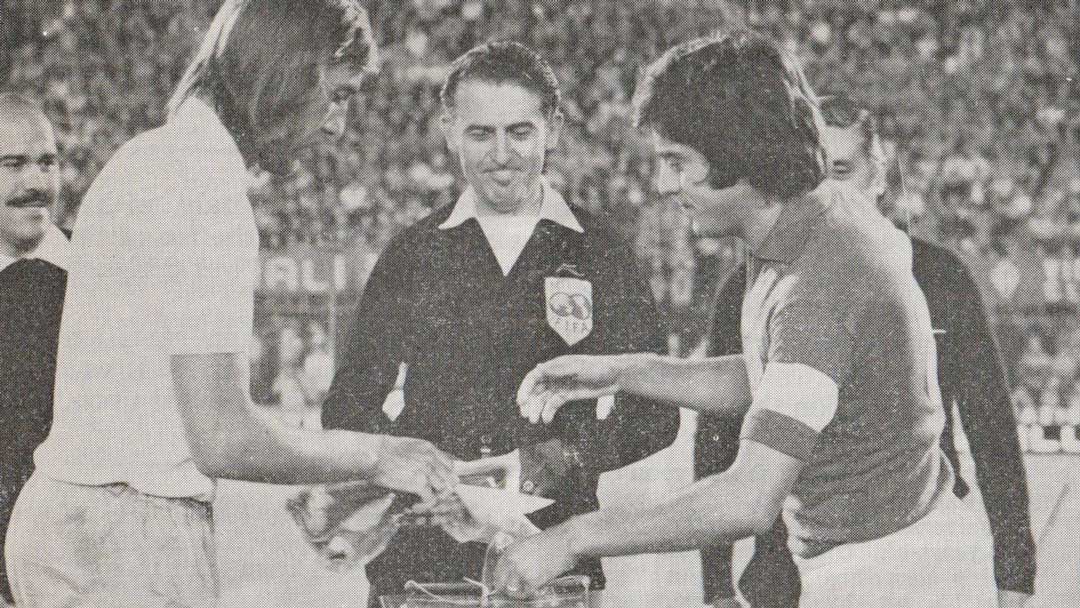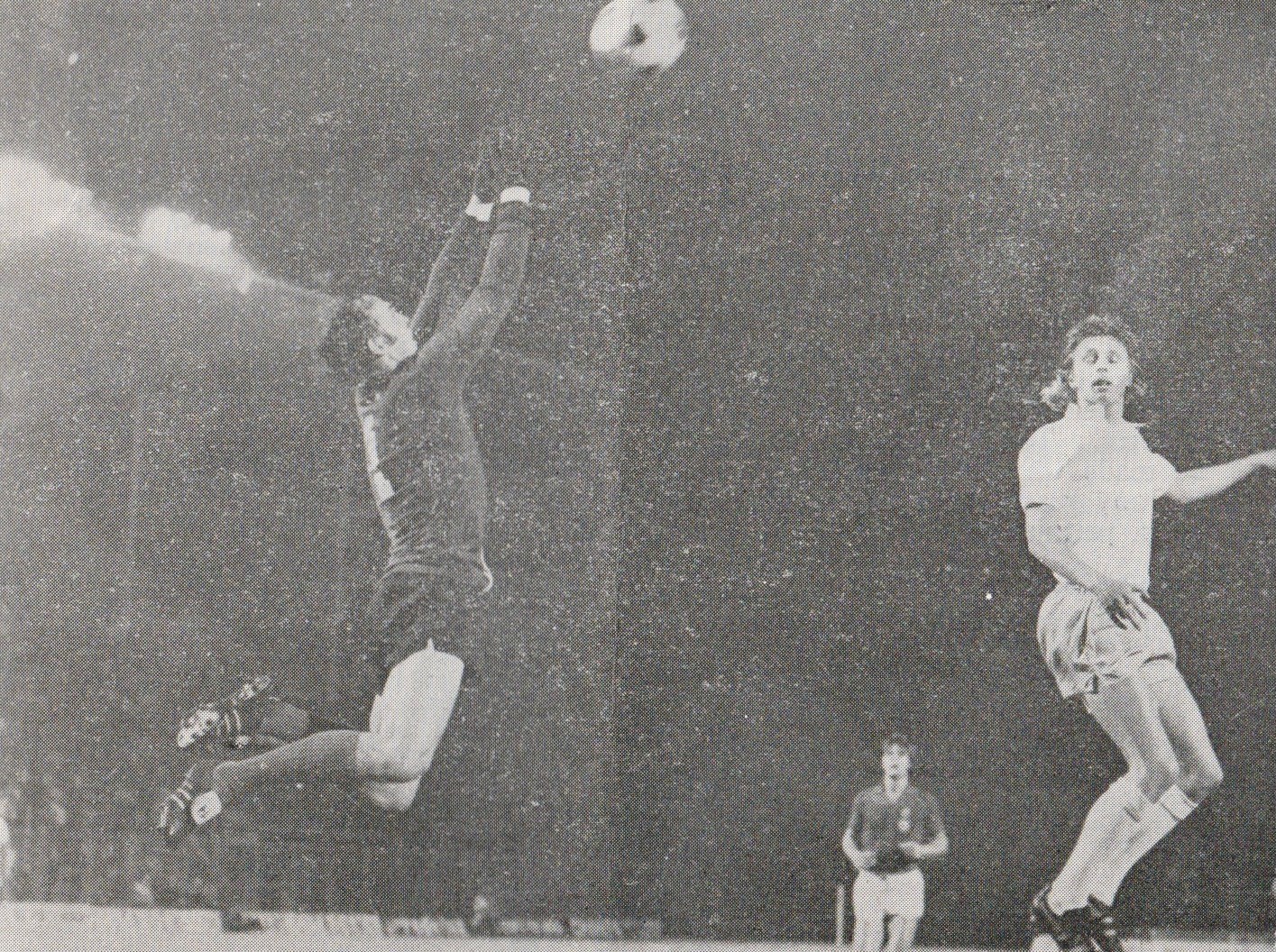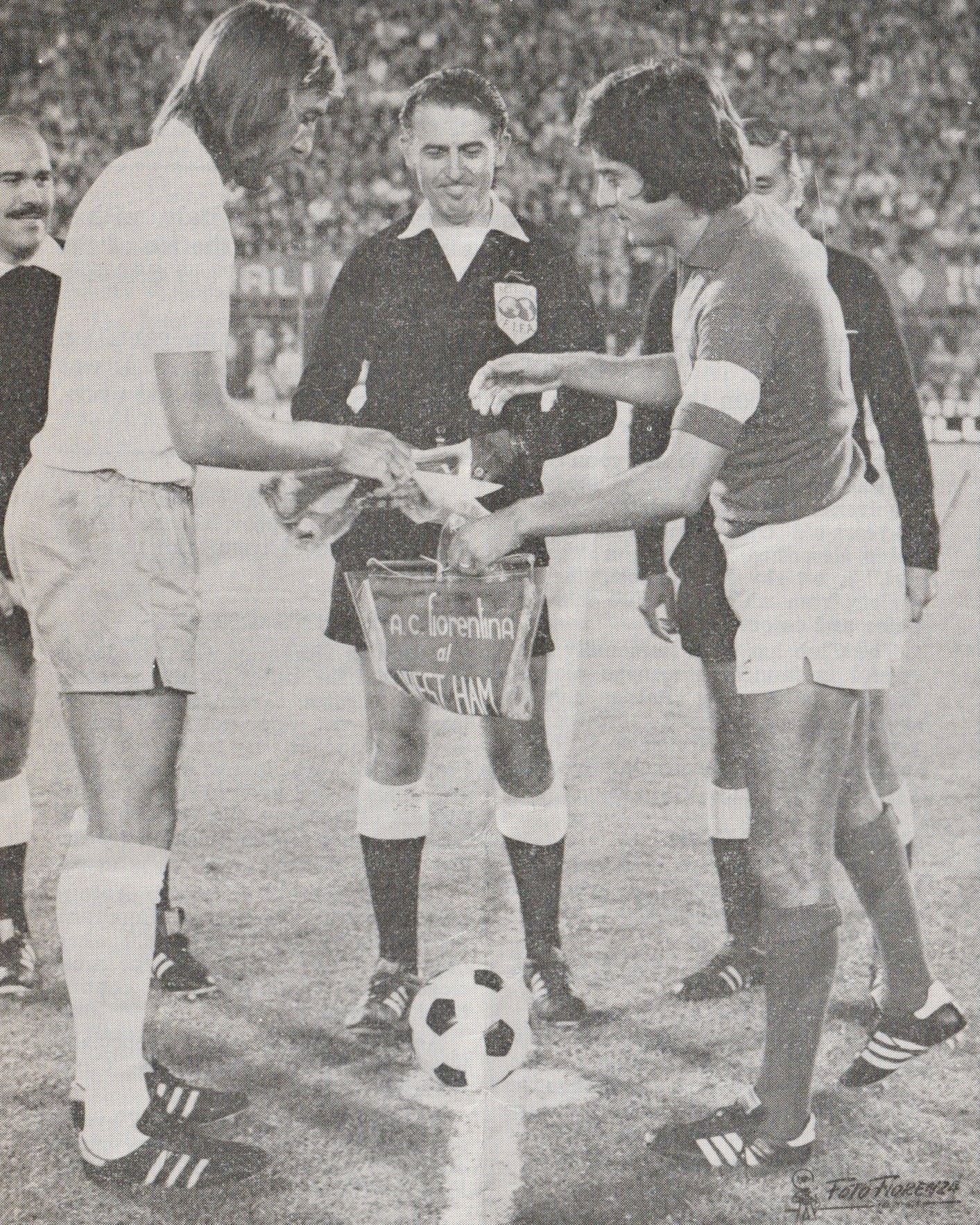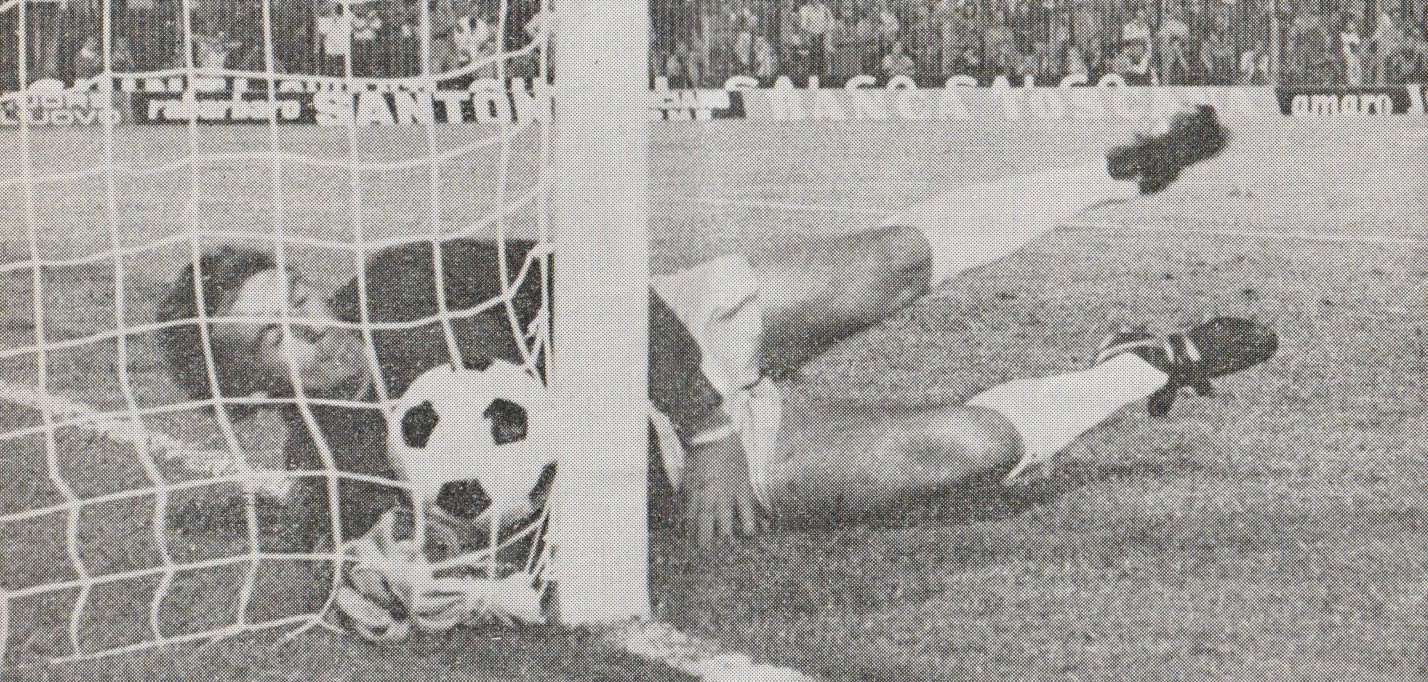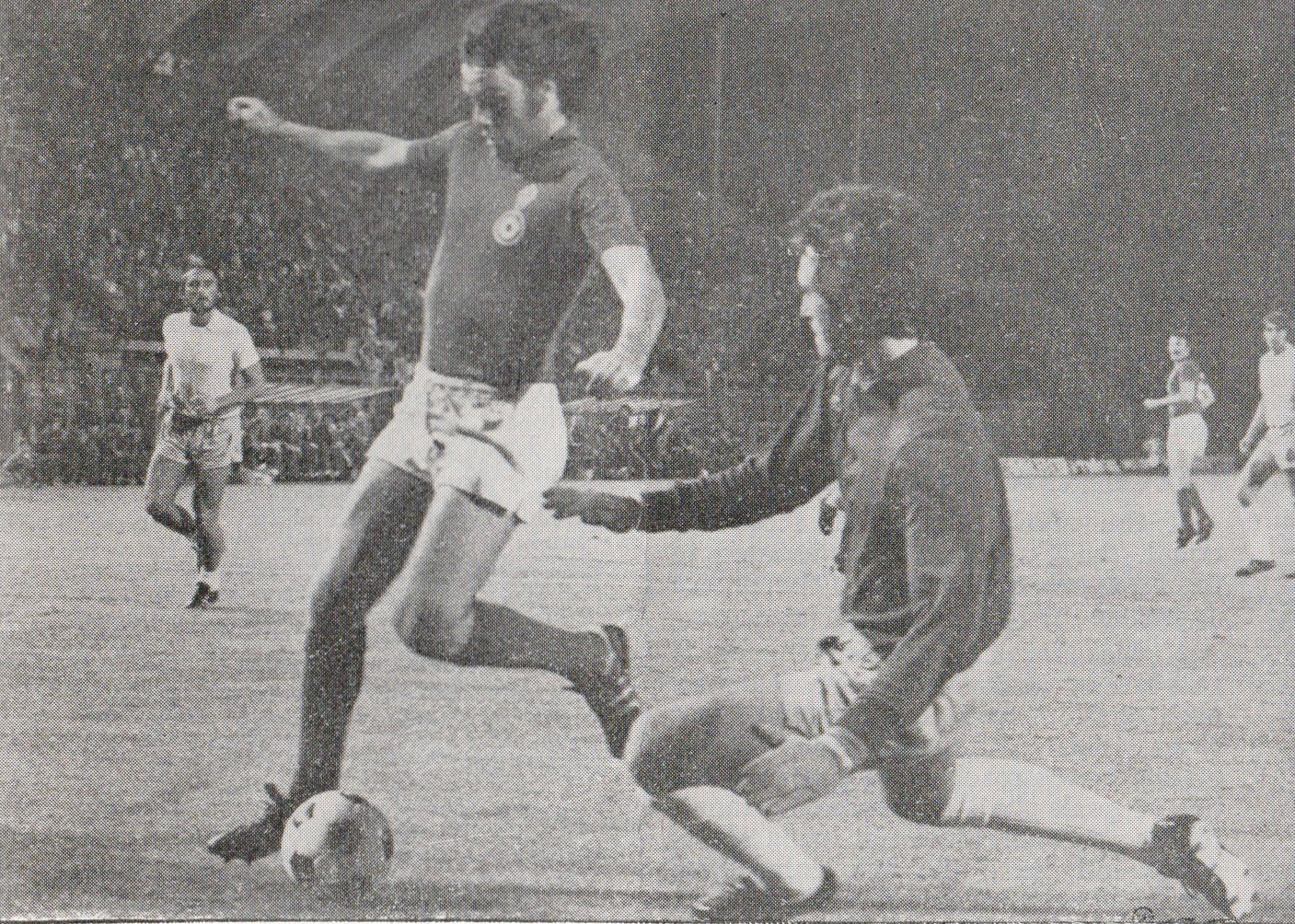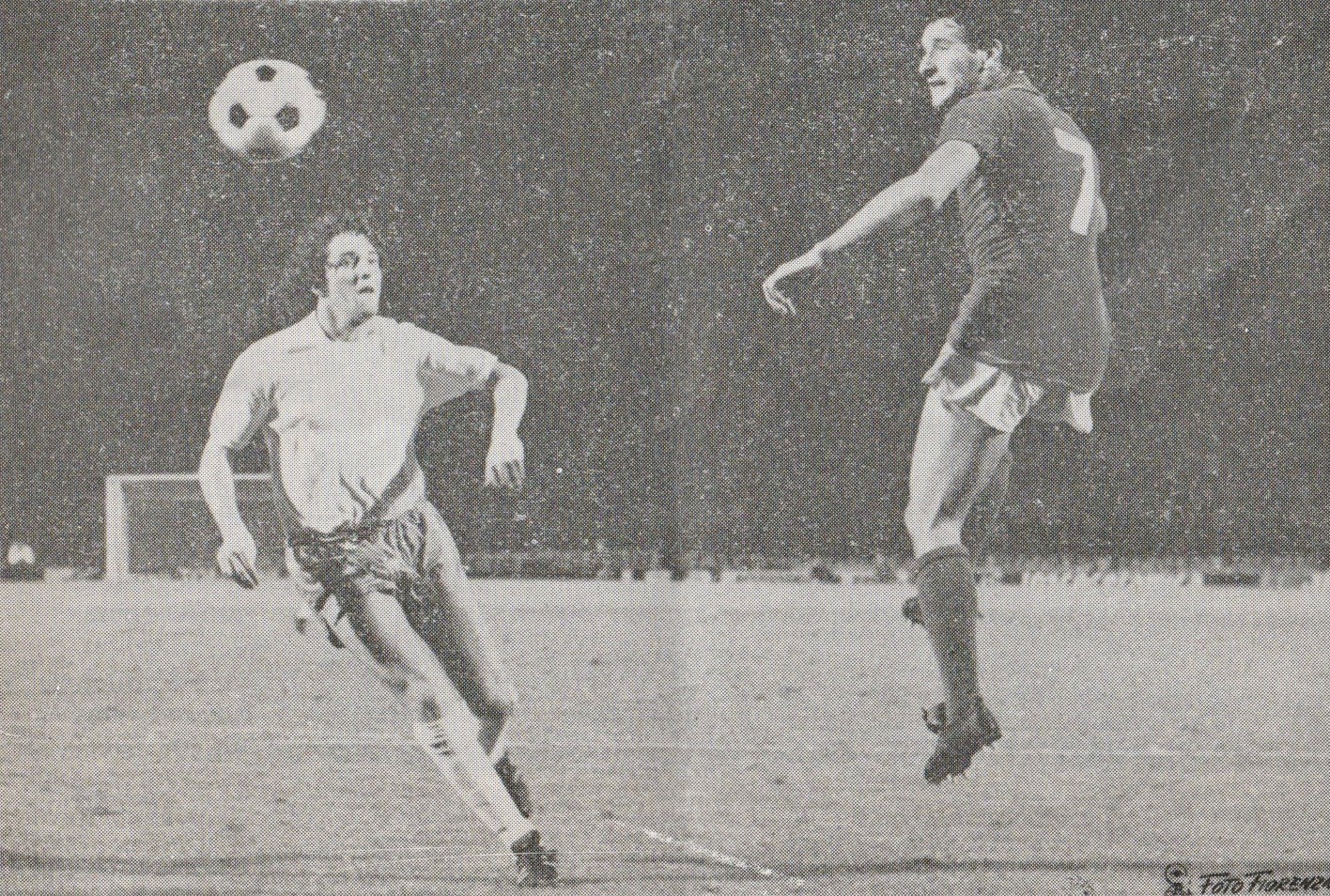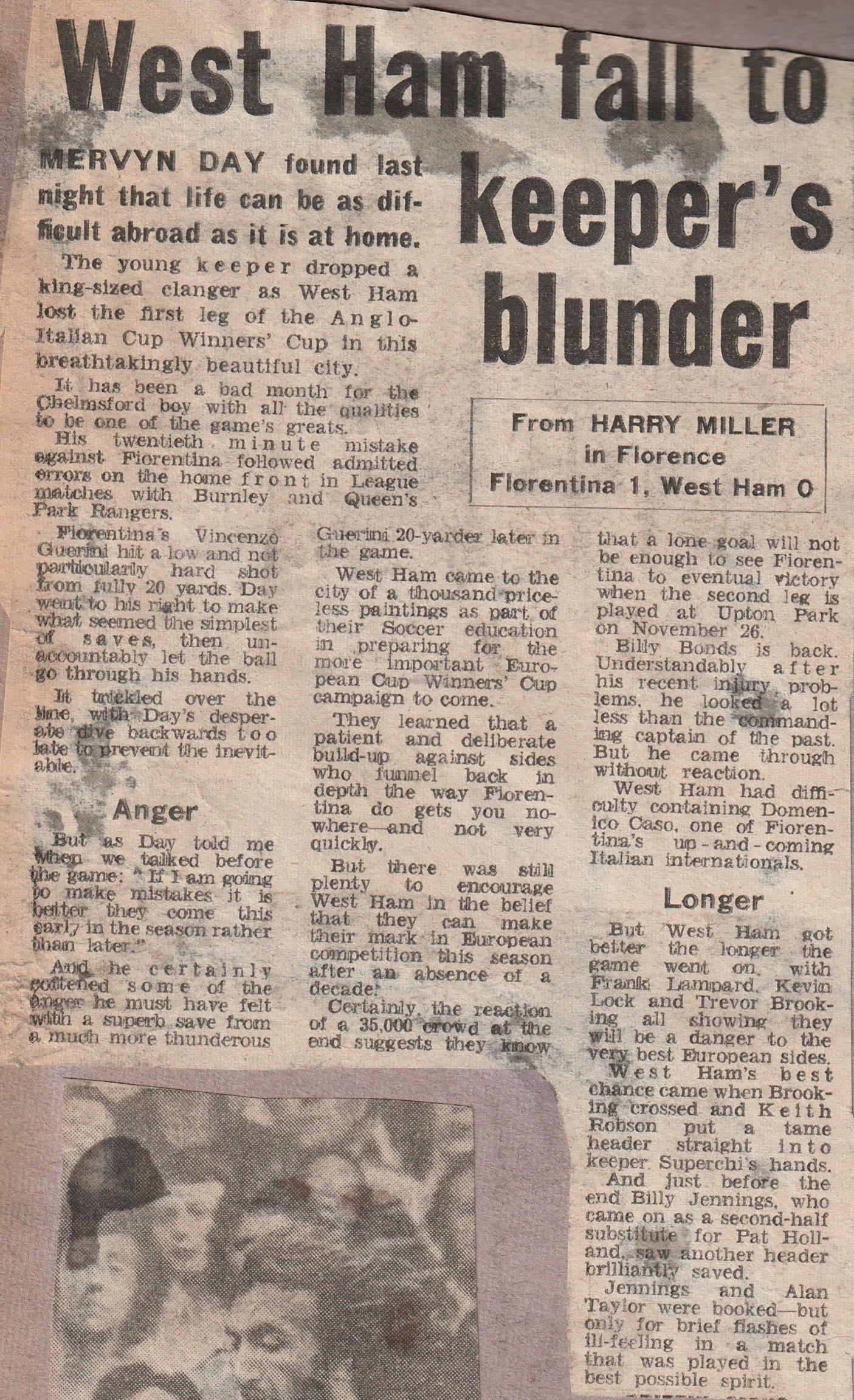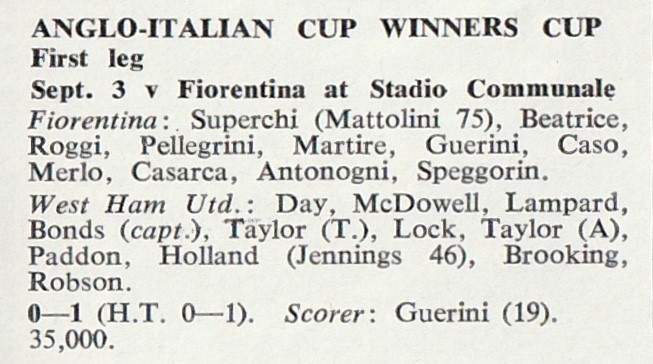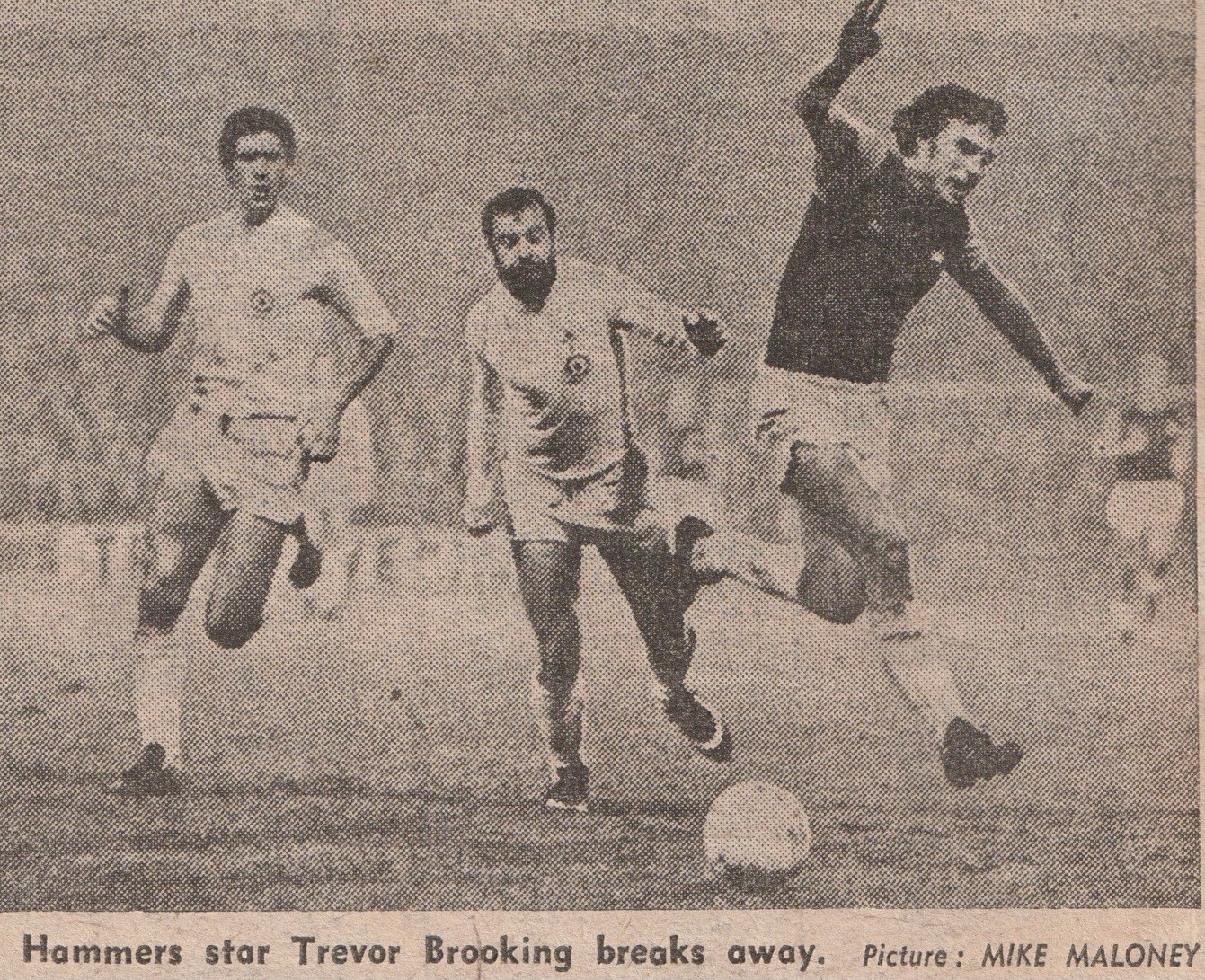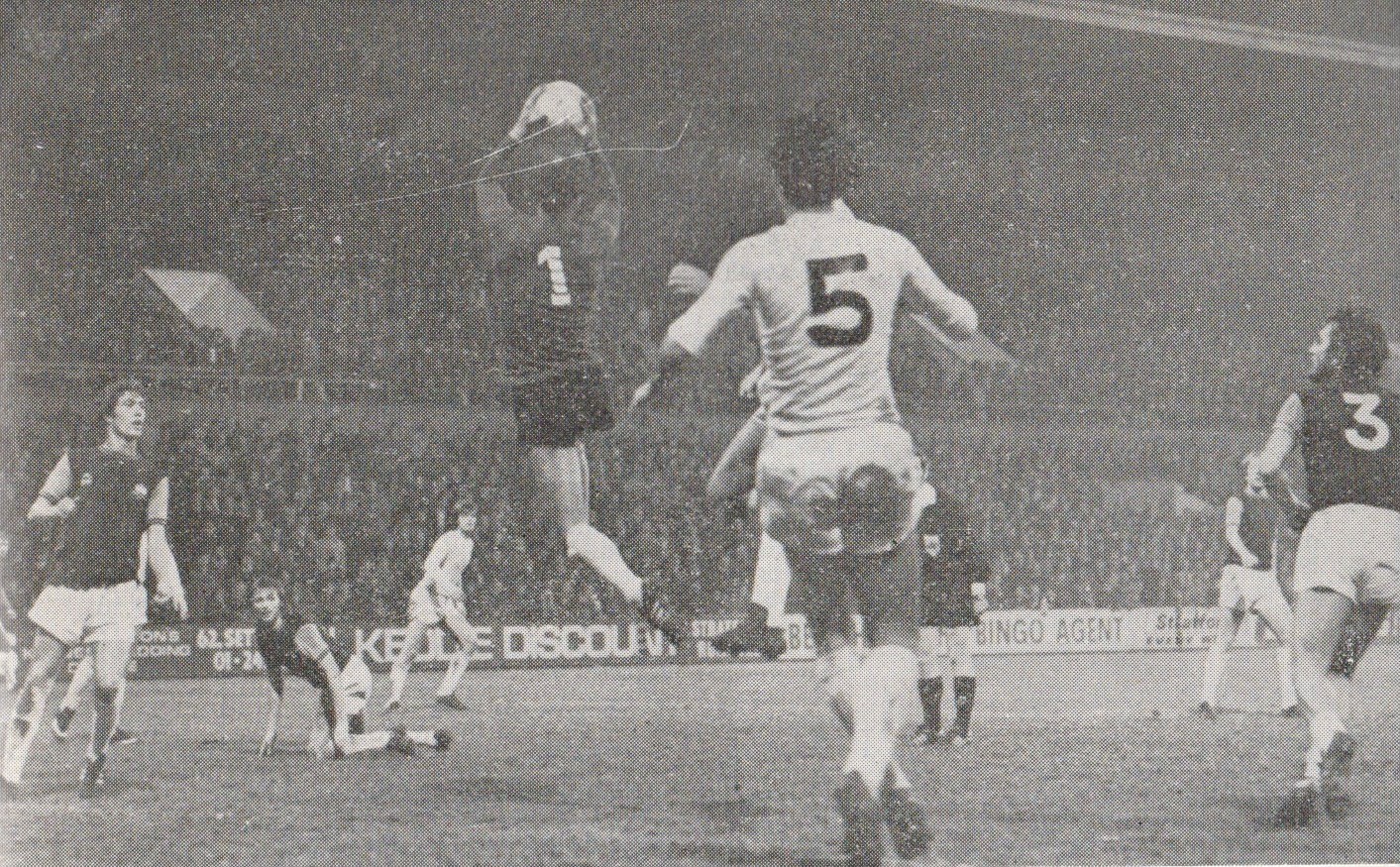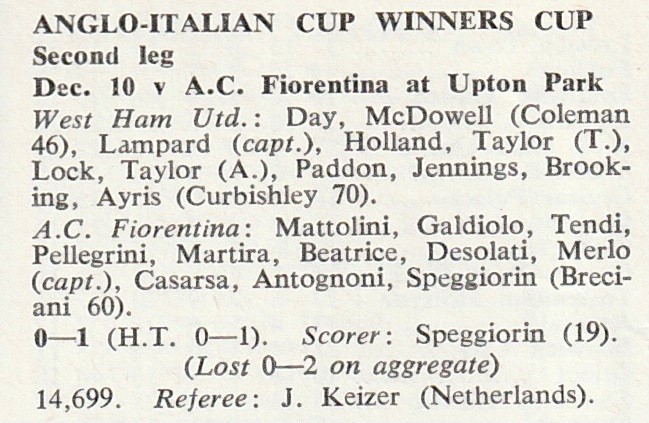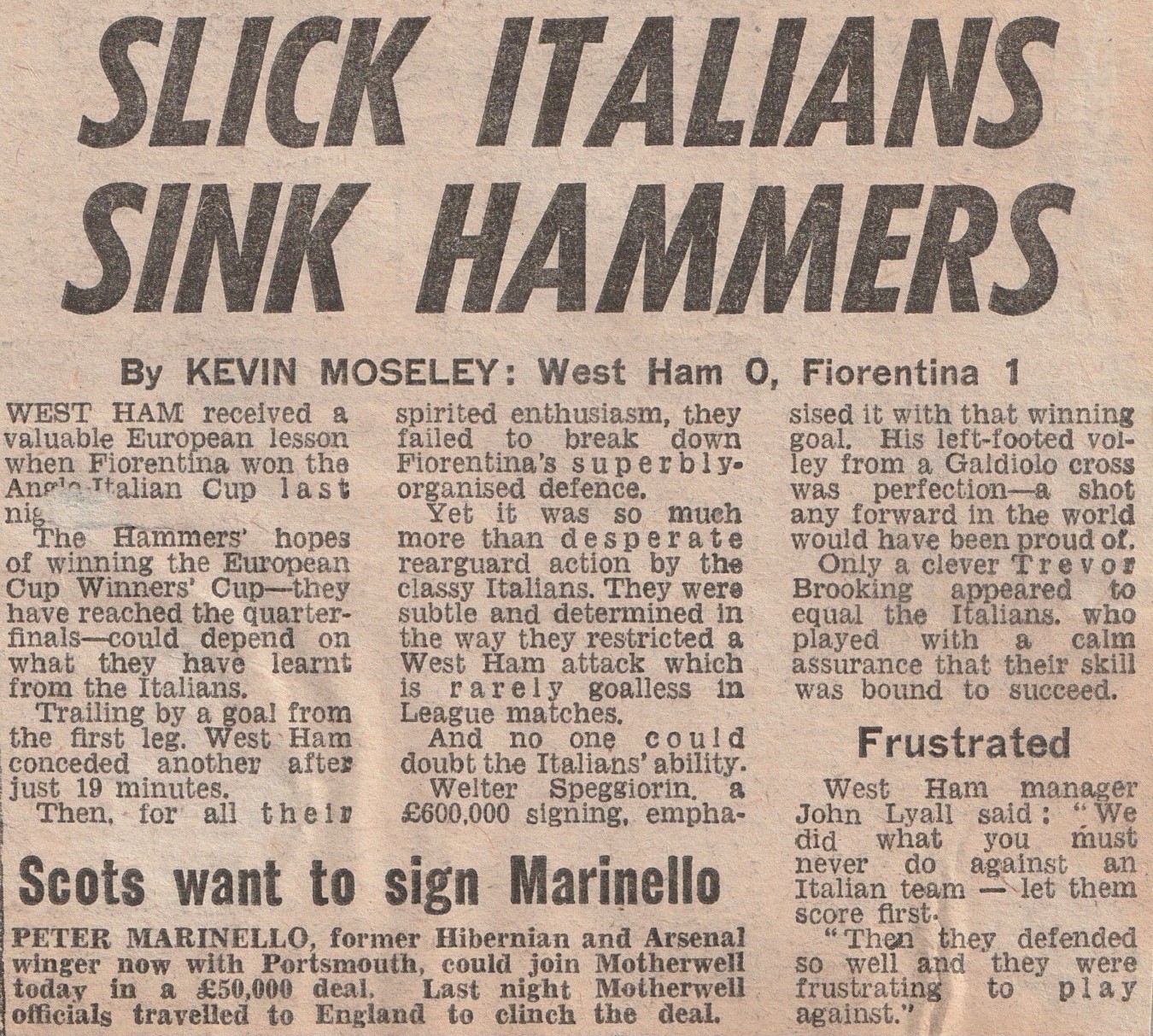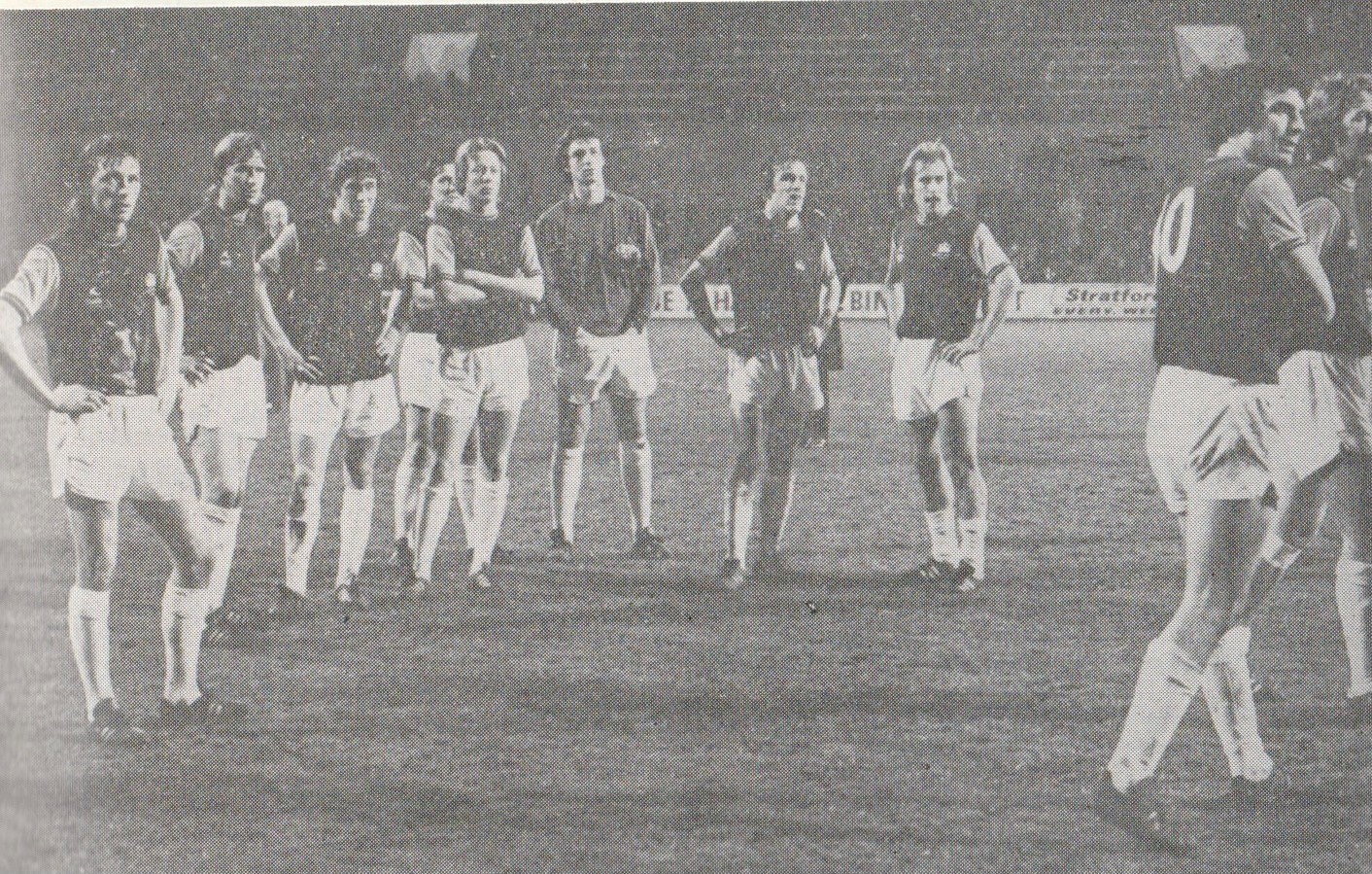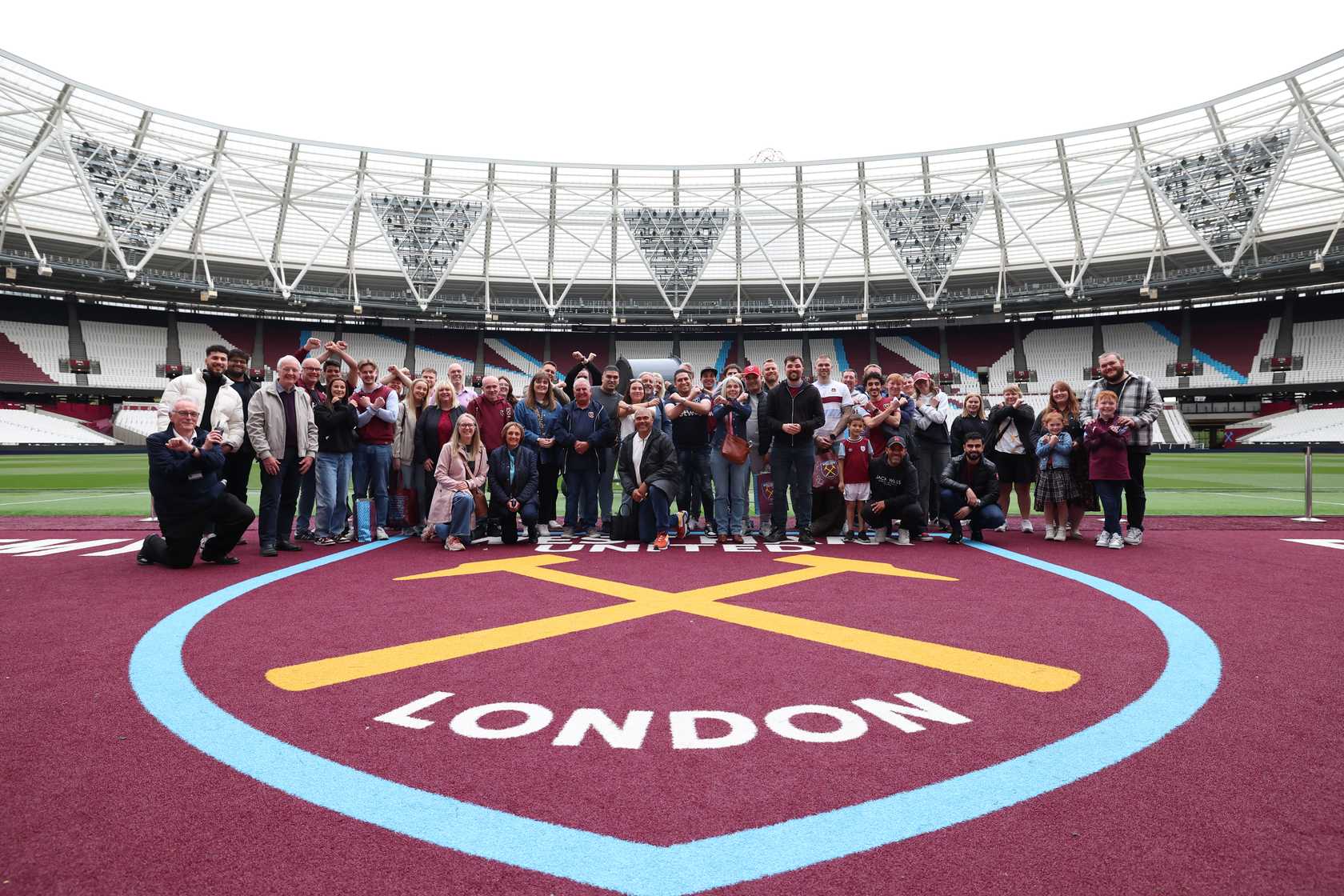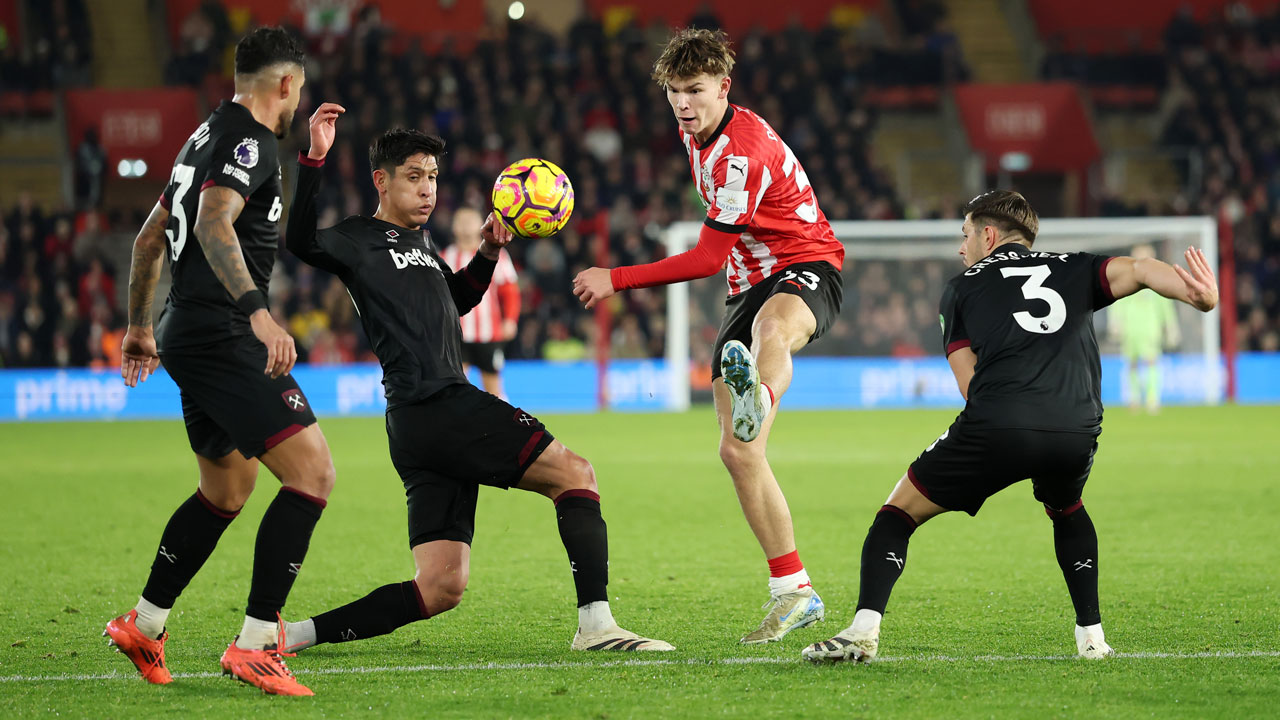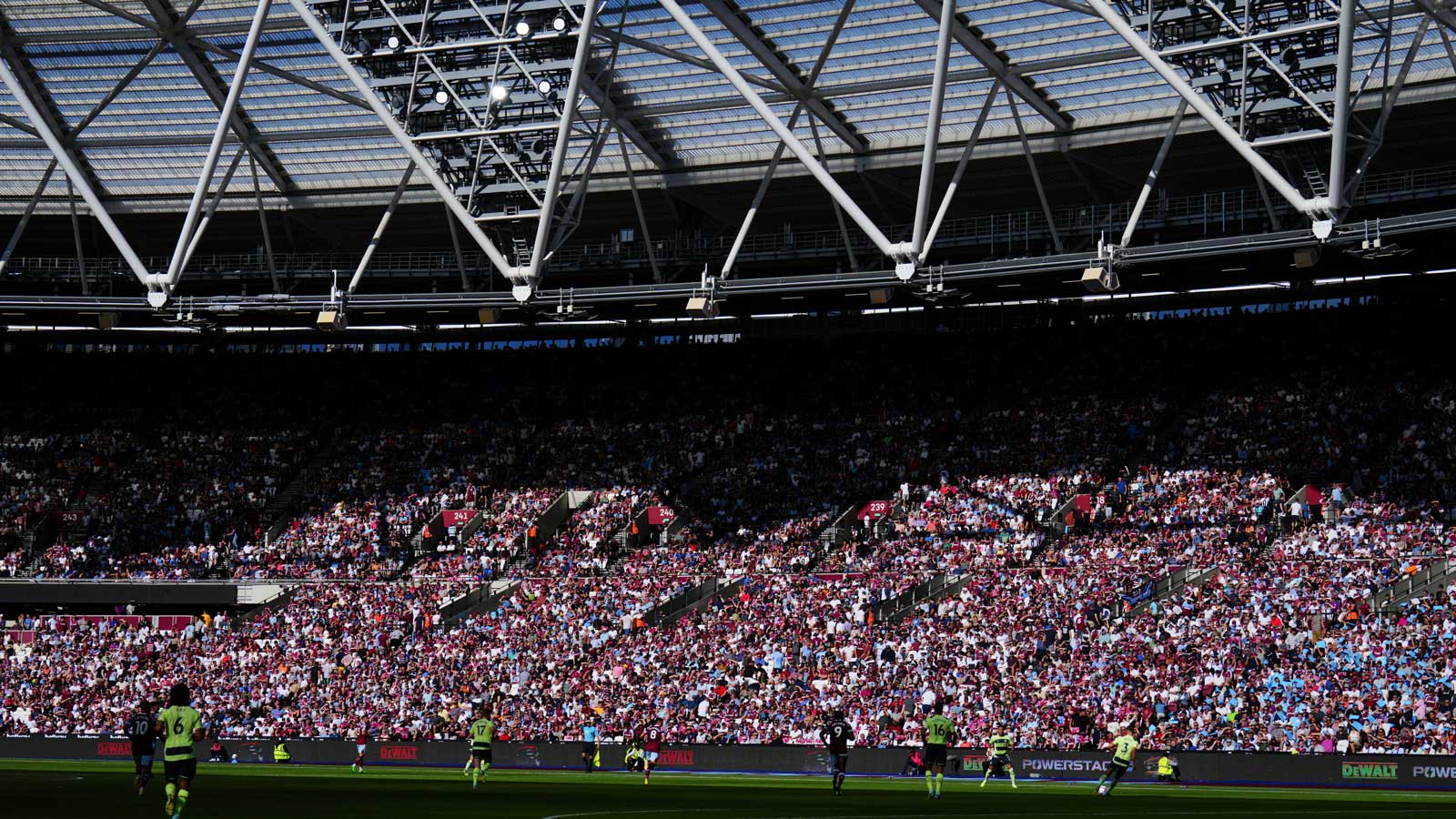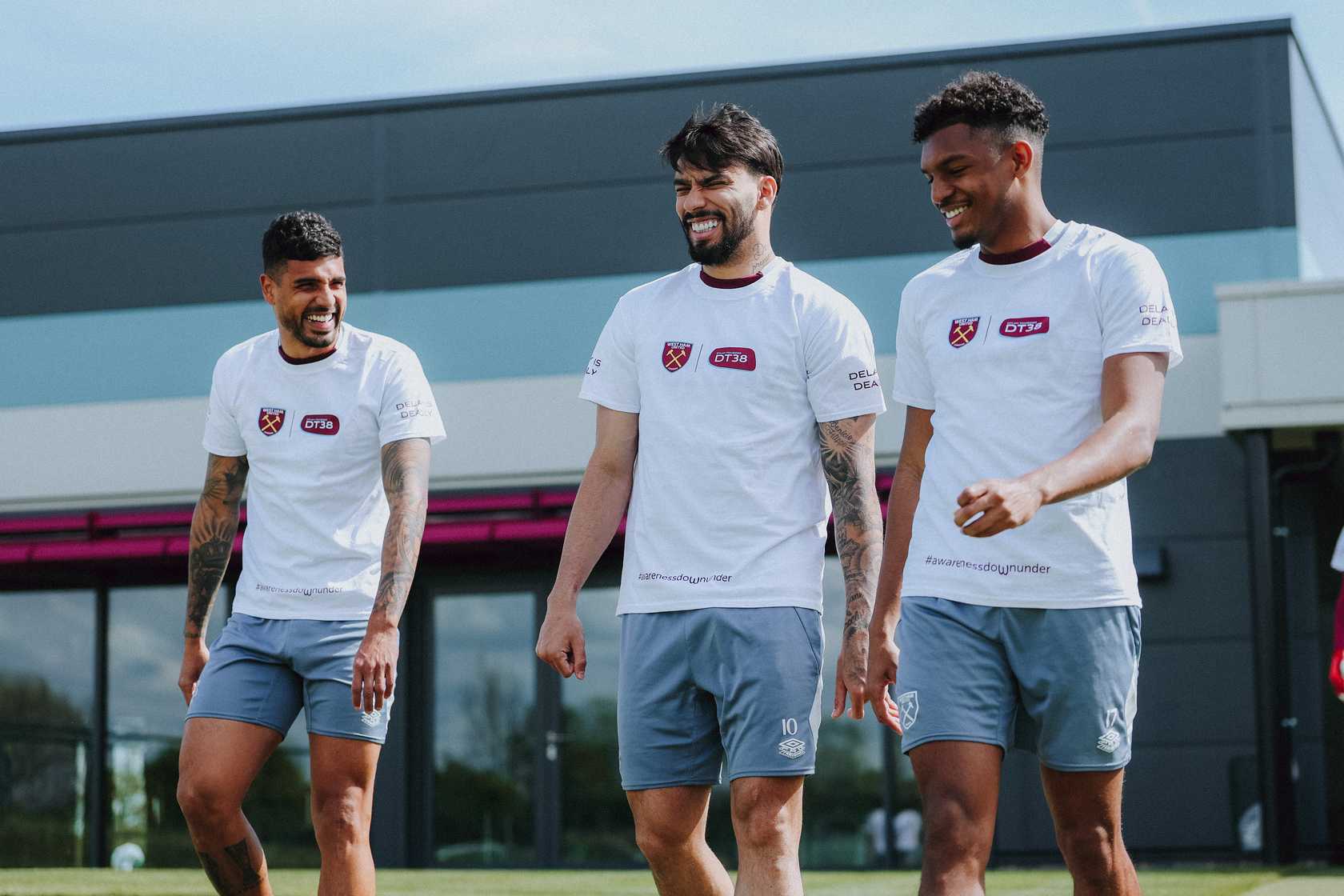West Ham United were one of dozens of English and Italian clubs who competed with and against one another in two now-defunct competitions.
Set up in 1969, the Anglo-Italian League Cup was a short-lived two-legged ‘final’ which pitted the English League Cup or FA Cup winners against the Coppa Italia holders. It was held five times between 1969 and 1976.
It was organised initially to compensate Swindon Town, who won the League Cup in 1969 but were barred from competing in the Inter-Cities Fairs Cup because they were a third-tier club. The Robins took on Coppa Italia winners AS Roma and won 5-2 on aggregate.
Bologna defeated Manchester City in 1970, then Tottenham Hotspur defeated Torino in 1971 before the tournament took a three-year break.
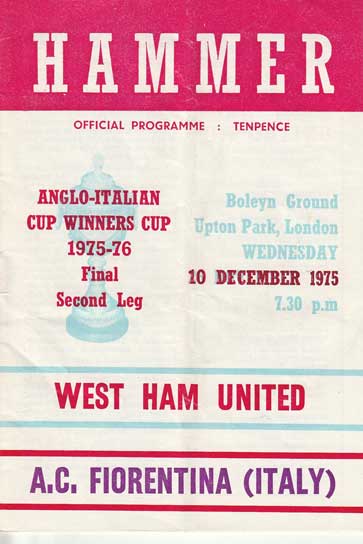 It was reintroduced in 1975, when FA Cup winners West Ham took on Coppa Italia holders AC Fiorentina over two legs.
It was reintroduced in 1975, when FA Cup winners West Ham took on Coppa Italia holders AC Fiorentina over two legs.
The Hammers had beaten Fulham 2-0 in the FA Cup final at Wembley, while La Viola had defeated AC Milan 3-2 in the Coppa Italia final. The two clubs could therefore theoretically be drawn to face one another in the 1975/76 European Cup Winners’ Cup – a competition they had each won in 1965 and 1961 respectively – but the Anglo-Italian League Cup went ahead regardless.
Bizarrely, the first leg was played on 3 September 1975 at the Stadio Artemio Franchi in Florence, with the return scheduled for 10 December, more than three months later, at the Boleyn Ground.
West Ham had made a flying start to the 1975/76 season and were second in the table when they travelled to Italy, only for an error from young goalkeeper Mervyn Day to allow Vincenzo Guerini’s 19th-minute shot to find the net and give the hosts a 1-0 first-leg lead.
John Lyall’s side had safely negotiated two rounds of the European Cup Winners’ Cup before welcoming Fiorentina to east London, while the Italians had been eliminated by Sachsenring Zwickau of East Germany in the second round. However, just 14,699 supporters turned out to see if his Irons could add another trophy to their cabinet.
It was not to be, though, as Walter Speggiorin’s first-half goal doubled Fiorentina’s advantage and ultimately secured them the title at West Ham’s expense.
The Anglo-Italian League Cup is not to be confused with the Anglo-Italian Cup, which was introduced in 1970 to help boost players’ wages during a summer close-season extended by the FIFA World Cup finals. Swindon also won the inaugural tournament, defeating Napoli in a final abandoned after 79 minutes due to crowd violence.
Like the Anglo-Italian League Cup, the Anglo-Italian Cup was also halted in 1973, when Fiorentina finished as runners-up in the final, to Newcastle United. It was then reintroduced for semi-professional clubs in 1976, renamed the Alitalia Challenge Cup in 1978, the Talbot Challenge Cup in 1981 and the Gigi Peronace Memorial, in honour of the man who had organised the tournament, in 1982.
Peronace was a football agent who became famous for brokering the moves of many famous English players and managers from England to Italy from the late 1950s, including those of Leyton Orient manager Alec Stock to AS Roma and future Hammers Jimmy Greaves from Chelsea to AC Milan and Liam Brady from Arsenal to Juventus just before his death in 1980 at the age of 55.
After being discontinued in 1986, the Anglo-Italian Cup returned in 1992/93 with all 24 second-tier English teams and eight Italian Serie B clubs taking part. West Ham qualified from their three-team group by virtue of a coin toss ahead of Bristol Rovers to reach the international stage.
There, Billy Bonds’ Hammers lost 2-0 in Cremonese before defeating Reggiana 2-0 and Cosenza 1-0, only for a goalless draw with Pisa at the Boleyn Ground to see them eliminated behind group winners and eventual champions Derby County.
The competition would continue for four seasons until 1995/96, being won by Blackpool, Roma and Newcastle before it was abandoned as the two leagues could not agree on fixture scheduling.
